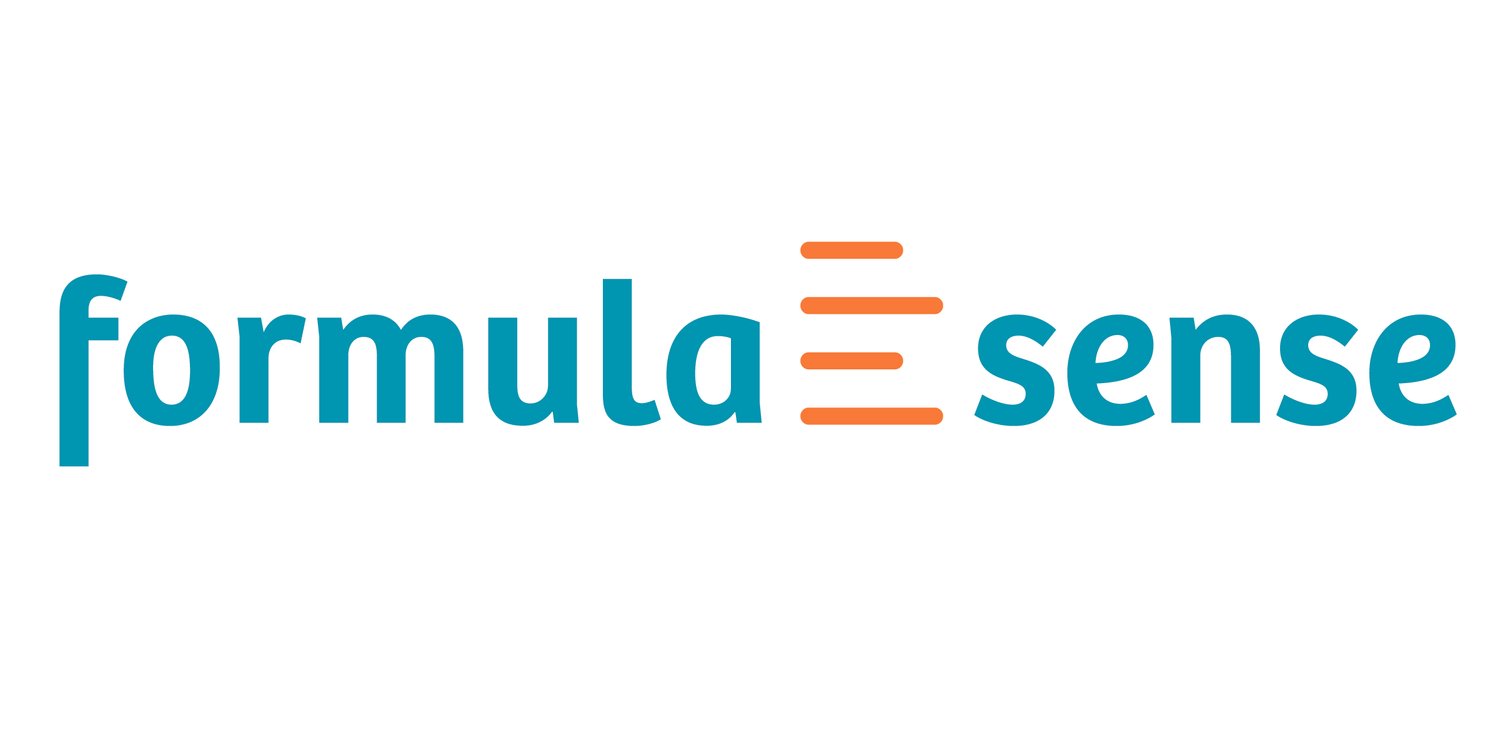What is Ascorbyl Palmitate?
[pronounced: a-SCORB-ol pal-meh-tate]
This is an interesting infant formula ingredient because it plays two roles, which together explain why ascorbyl palmitate is in infant formula.
On one side, ascorbyl palmitate is a fat-soluble form of vitamin C. It is also known and sold in supplement form as Vitamin C Ester. This interesting form of vitamin C is added to foods as a natural antioxidant and food preservative. It is added to protect the DHA and ARA in infant formula from developing bad odors and flavors from a process called oxidation.
On the flip, side this ingredient also provides the nutrient vitamin C, which is discussed in more detail on the pages for ascorbic acid and sodium ascorbate.
Vitamin C and Internet Hype
You’ll see ascorbyl palmitate recommended online as a supplement for its “anti-aging” properties. This promotion is (unfortunately) all hype. Like many online nutrition claims, this one is a clinical near miss that has grown from a fundamental misunderstanding of the difference between nutrients in test tubes and the tummy.
In test tubes, ascorbyl palmitate can be incorporated (taken up) into red blood cell membranes, which protects them from damage. But what happens in a test tube isn’t what happens when we eat. Nutrients don’t just appear in our blood stream; they go through digestion and absorption. During digestion, ascorbyl palmitate is broken down into its two chemical components: ascorbic acid (the most common form of vitamin C) and palmitate (the most common form of saturated fat). The vitamin C is absorbed and used by the body like it is from any other source, and the palmitate is processed as a free fatty acid. Thus, ascorbyl palmitate never meets up with a red blood cell in the body.
Regulations and Safety
In the United States, ascorbyl palmitate is generally regarded as safe (GRAS) when good manufacturing practices are used. In Europe, it is known as E304 in the E-number system of substances that can be added to foods.
The European Food Safety Authority assessed the safety of ascorbyl palmitate in 2015 and found no concerns for its safety, however it does not appear to be permitted in foods for infants and children.
Dietary Restrictions
All religious groups, vegans, and vegetarians can consume ascorbyl palmitate.
